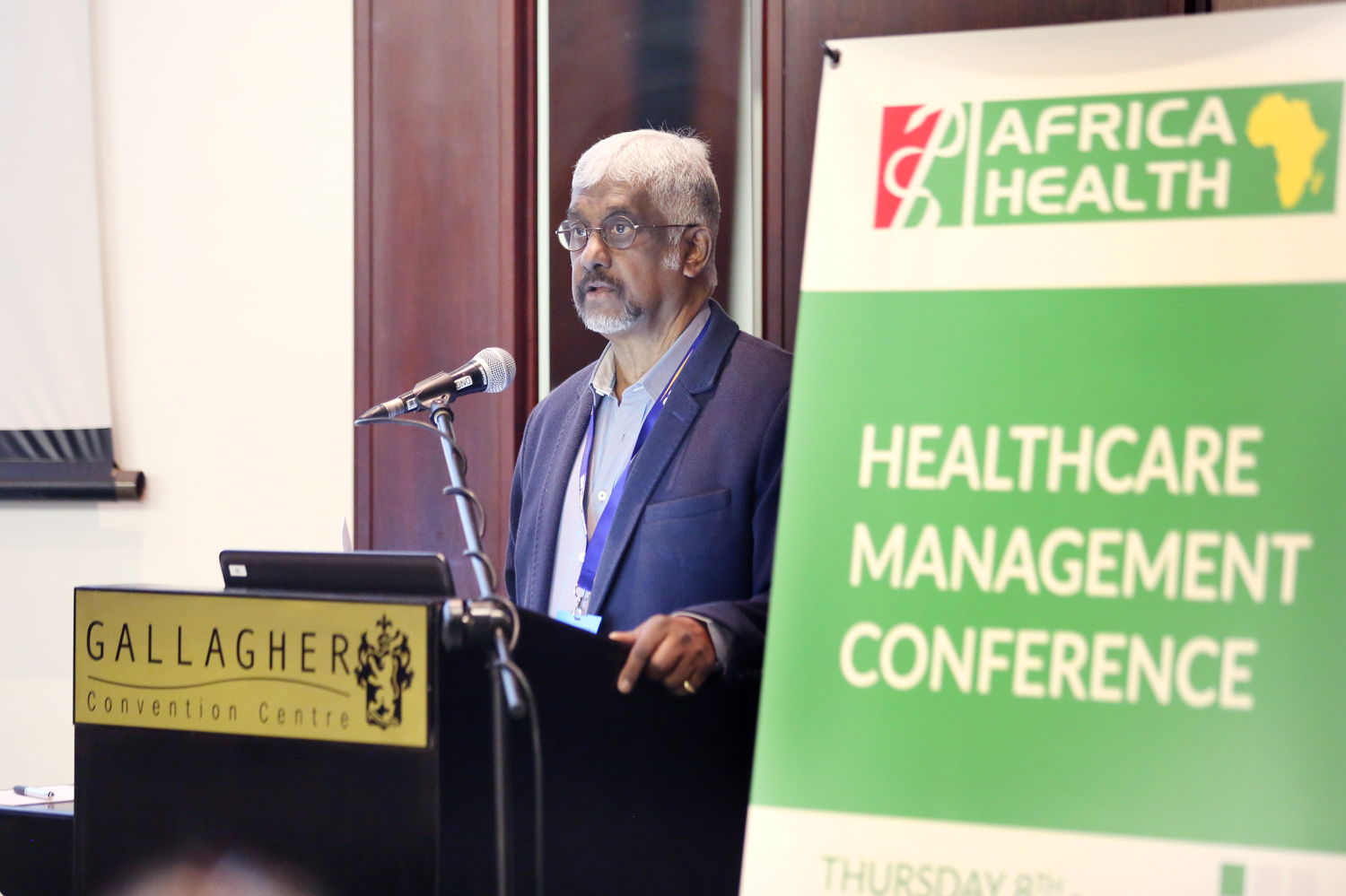More private-public partnerships needed to achieve universal healthcare
As South Africa moves towards rolling out universal health coverage (UHC) through the implementation of a National Health Insurance (NHI) scheme, the focus remains on the viability and sustainability of such a system in a country burdened by a myriad of health and socio-economic challenges.
The UHC’s main objectives are to give all people and communities access to quality healthcare services that include promotive, preventive, curative and palliative care without exposing users to financial hardship.
These have been identified by the United Nations as one of its Sustainable Development Goals that member states should try to achieve by 2030.
“It is a social mandate that requires governments to acknowledge that healthcare is a basic human right. They also need to implement financial and delivery mechanisms that will help to achieve access to needed services in a progressive and sustainable way,” says Dr Anuschka Coovadia, KPMG’s Head of Healthcare for Africa and a member of the Global KPMG Centre for Universal Health Coverage.
She was one of the speakers at the Africa Health Exhibition and Congress, focusing on the attainment of UHC, challenges that need to be addressed and different systems available to achieve this goal.
“UHC doesn’t guarantee universal healthcare – the crux is the way delivery is incentivised through appropriate financial mechanisms,” she explains. “As SA is already spending more than 8% of its GDP on healthcare - more than the 5% suggested by the World Health organisation - the focus should not be about spending more money, but on how the available money could be spent better to improve access and outcomes.”
In South Africa, the 2008 decision to go the NHI route and the release of the NHI White Paper in 2015 have elicited furious debate on the costs and suitability of this ambitious plan, given the country’s challenges. These span huge socio-economic issues, an overburdened and dysfunctional public health system, dire shortage of healthcare professionals and other resources, a relatively unaffordable private sector, rising medical inflation and growing disease burden.
Emphasising that UHC has a direct impact - not only on improving a country’s health - but also on issues such as economic growth and stability, Dr Coovadia notes that it is imperative that the focus should move away from the cost and potential payment systems to the mechanisms needed to deliver the services that will be covered by the NHI package in an affordable and accessible way.
“We need to create incentives, payment systems, governance and technology platforms that can really incentivise multidisciplinary healthcare teams to provide healthcare that will ensure continuity of care and population health management through promotive and preventive healthcare,” says Dr Coovadia. “The current practice of curative and individualised medicine is unaffordable and unsustainable. UHC is about creating the right systems, checks, balances and interfaces so that we optimise the resources we are the custodians of and derive the best outcomes for our population.”
Prof Morgan Chetty, CEO of the KwaZulu-Natal Doctors Healthcare Coalition and Professor of Managed Care and Health Services Management at the University of KwaZulu-Natal agrees. He will also be speaking at Africa Health on the importance of improving access to primary care and how low-cost medical scheme plans can be structured to provide affordable quality care to those most in need.
He regards the lack of preventive and promotive health services, and continuity of care, the shortage and uneven distribution of healthcare providers, insufficient training of doctors to manage patients in under-resourced environments, the specialist- and hospicentric focus of private healthcare and lack of collaboration between private and public sectors as some of the main obstacles in achieving universal healthcare delivery.
In addition, the distances patients have to travel to access healthcare facilities, long queues and failure by healthcare providers to properly engage them in treatment plans also exacerbate the problem as it deters them from accessing services until they are very sick. While low-cost medical scheme options could increase access, the appointment of designated service providers and narrow networks, low reimbursement rates for doctors and the fact that they don’t cater for the individual needs for beneficiaries limit their ability to deliver cost- effective care.
According to Dr Coovadia, decisions relating to issues such as the package of services and how they will be provided should be dealt with in a much more transparent way, involving patients as well as all stakeholders in both the public and private sector, including NGOs, NPOs, donor funders and civil society.
Government can’t deliver UHC alone – we need both the private and public sectors and a proper framework to the management thereof if we want to achieve success, says Dr Coovadia.
Prof Chetty concurs. “We don’t want a public or a private sector, we want a health sector. It is therefore imperative that we work together in private-public partnerships leveraging the skills and expertise of the private sector to assist in getting public health back on its feet but with strong government stewardship.
“UHC is doable in South Africa. But to get there we will need all stakeholders in both sectors to work together as a united front to ensure that universal health coverage really delivers on its promise of equal, affordable, accessible and quality healthcare services to all,” he concludes.
Coovadia and Chetty both spoke at the 7th annual Africa Health Exhibition & Congress 2017 taking place from 7-9 June 2017 at the Gallagher Convention Centre in Johannesburg, South Africa. More than 10,000 regional and international healthcare professionals and medical experts are expected to attend the event.
